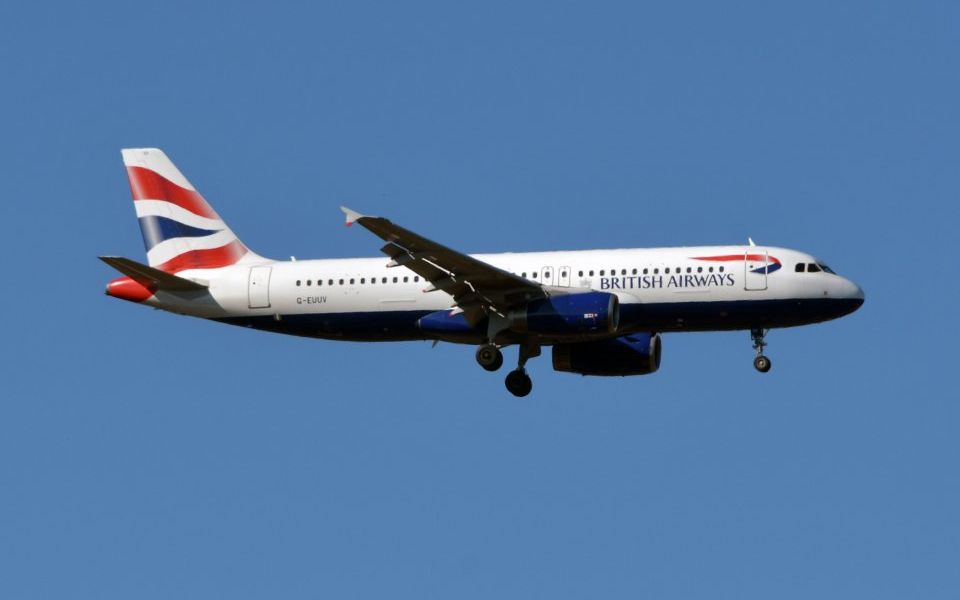Competition watchdog investigates British Airways’ transatlantic flight agreement

An investigation into British Airways’ revenue-sharing partnership on transatlantic flights is underway, a watchdog announced today.
The decade-old Atlantic Joint Business Agreement sees BA, American Airlines, Iberia and Finnair split revenue on all passenger routes between Europe and the US.
Read more: Moody's: BA and Easyjet among airlines 'most exposed to a no-deal Brexit'
The European Commission undertook an antitrust investigation into the agreement back in 2009, leading to a 2010 ruling that the airlines had to commit to making landing and take-off slots available to rivals at Heathrow and Gatwick.
This ruling, binding for 10 years, expires in 2020 and – with five of those six routes starting in the UK – the Competition and Markets Authority (CMA) is investigating the "competitive impact" of the Commission's rulings before the UK leaves the EU.
After that point, while the European Commission can decide to investigate the deal again, it does not have to, and it would no longer have responsibility for competition in the UK, leading the CMA to probe the agreement before that point.
“The CMA has decided to review afresh the competitive impact of the agreement in anticipation of the expiry of the commitments,” the body said.
“This case is at an early stage and no assumption should be made that the Atlantic Joint Business Agreement infringes competition law.”
Read more: British Airways pension scheme strikes landmark £4.4bn buy-in deal with L&G
International Airlines Group (IAG), which owns both BA and Iberia, said: “Since 2010, British Airways and Iberia's transatlantic joint business with American Airlines and Finnair has been bringing significant benefits to millions of travellers.
“It provides them with improved access to cheaper fares and easier journeys to more destinations. During this period the joint business has launched 45 new routes including 14 between the UK and US. Also, the airlines are able to align their flight schedules and frequencies to enhance customers' travel choices.”